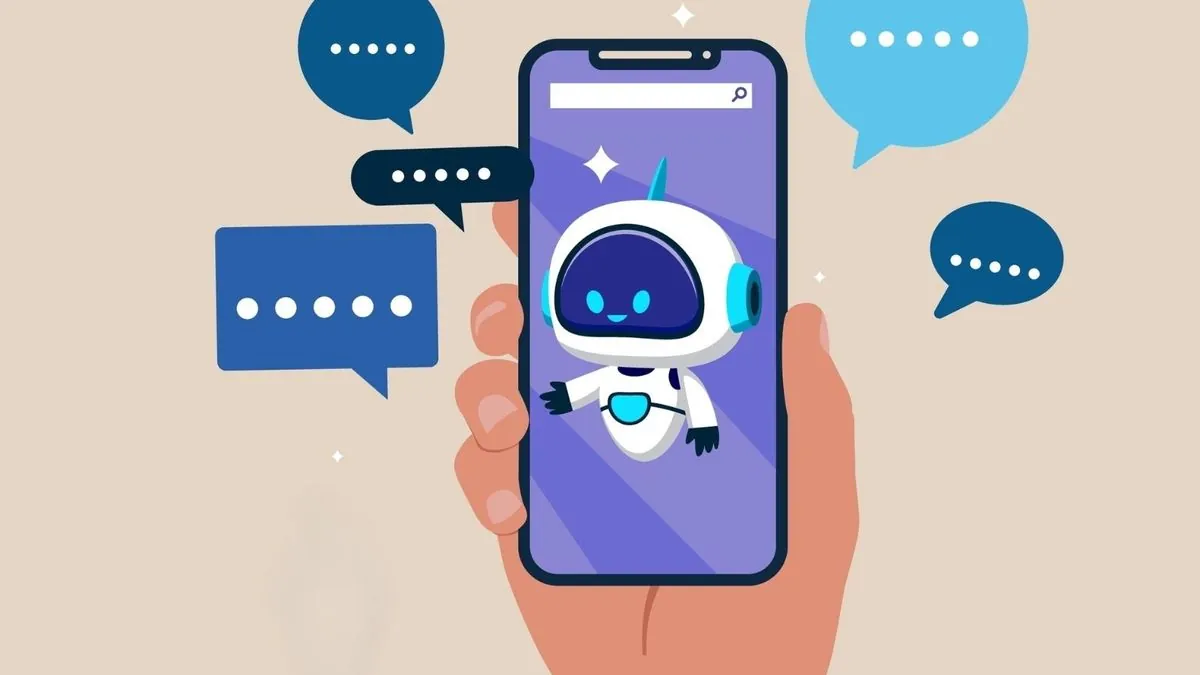AI Tools Offer Promise for ADHD Management, Experts Urge Caution
AI applications show potential in aiding individuals with ADHD, helping with task management and organization. However, experts advise against replacing traditional treatments, citing privacy concerns and potential overreliance.

Artificial Intelligence (AI) tools are emerging as potential aids for individuals with Attention Deficit Hyperactivity Disorder (ADHD), offering assistance in task management and organization. However, experts caution against viewing these applications as replacements for established treatments.
Becky Litvintchouk, an entrepreneur with ADHD, has found success using AI to navigate the challenges of starting a business. She employs the AI app Claude to analyze contracts and create business plans for her hygienic-wipes company, GetDirty. Litvintchouk credits AI for her progress over the past two years, stating, "It's been just massively instrumental. I probably would not be where I am today."
ADHD, a neurodevelopmental disorder affecting both children and adults, is characterized by difficulties with focus, organization, and impulse control. These challenges can significantly impact various aspects of life, including academic performance, work productivity, and personal relationships.

Emily Kircher-Morris, a counselor specializing in neurodivergent patients, has observed the benefits of AI tools among her ADHD clients. She notes that the novelty of AI can engage individuals with ADHD, sparking their interest and motivation to explore its capabilities.
However, experts emphasize the importance of using AI as a complementary tool rather than a substitute for traditional ADHD treatments. John Mitchell, an associate professor at Duke University School of Medicine, likens AI to a "life preserver" that can help keep individuals afloat but doesn't teach them how to swim.
AI applications can assist people with ADHD in various ways, such as breaking down complex tasks into manageable steps, providing reminders, and boosting productivity. Litvintchouk, for instance, uses ChatGPT to simplify grocery shopping by generating easy-to-prepare recipes and corresponding shopping lists.
Software engineer Bram de Buyser developed Goblin.tools with neurodivergent individuals in mind. The app's popular "magic to-do" feature breaks down tasks into smaller, more manageable steps. De Buyser emphasizes that while the tool isn't a cure, it can provide valuable assistance in daily life.
Despite the potential benefits, concerns have been raised regarding AI's limitations and potential drawbacks. Russell Fulmer, a professor at Husson University, describes the research on AI and ADHD as "inconclusive." Issues such as racial bias in AI responses and privacy concerns have been highlighted as areas requiring careful consideration.
Valese Jones, a publicist with ADHD, notes that AI tools sometimes struggle to capture nuances in language and tone, particularly for individuals from diverse backgrounds. This limitation underscores the importance of ongoing development to ensure AI tools are inclusive and effective for all users.
As AI continues to evolve, it presents both opportunities and challenges for ADHD management. While these tools offer promising support for individuals with ADHD, experts stress the importance of maintaining a balanced approach that incorporates traditional treatments and considers potential privacy implications.
"It really can help to hook people in, like, 'Oh, this is kind of a fancy new thing that catches my interest. And so I really want to dig in and explore it.'"
In conclusion, AI tools show potential in assisting individuals with ADHD, but they should be viewed as complementary to established treatments rather than replacements. As research in this field progresses, a cautious and informed approach to integrating AI into ADHD management strategies is advised.


































